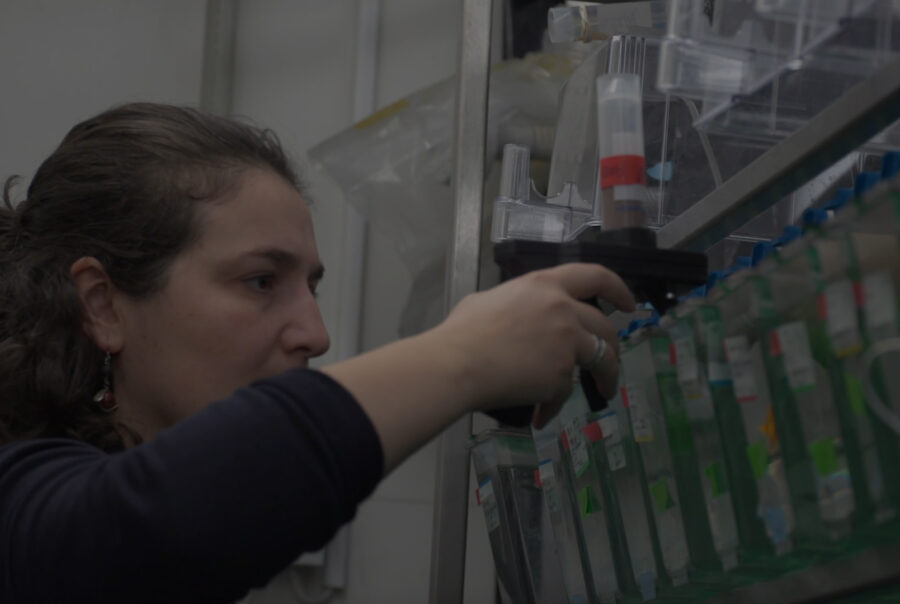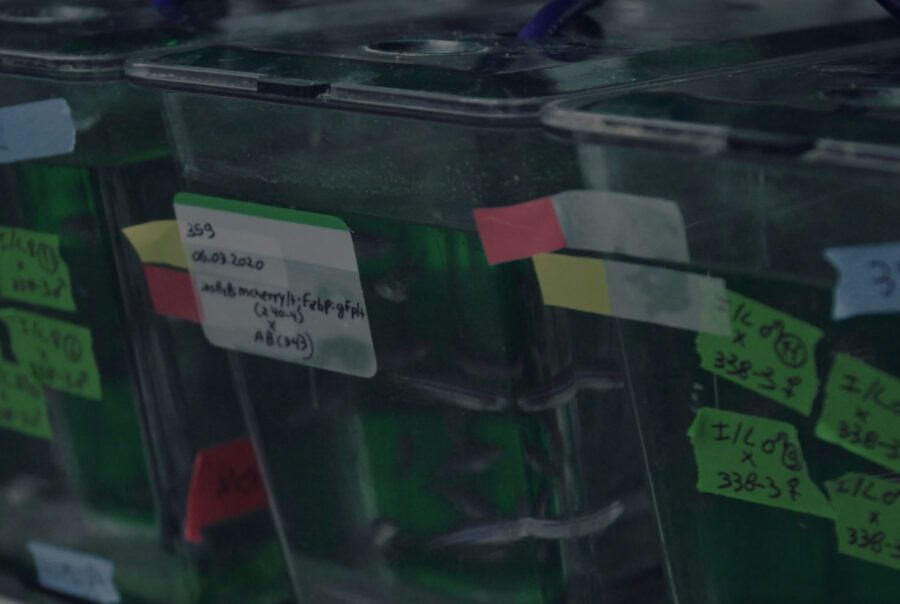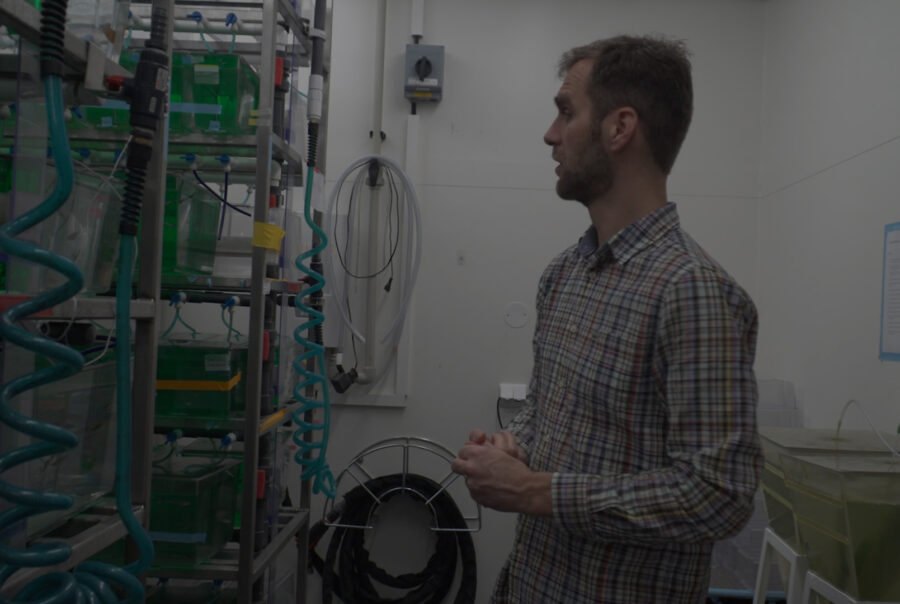Driven by an unwavering purpose, we champion the cause of efficiency in drug development. Our pioneering approach leverages systematic gene editing, in vivo imaging, and deep learning based image analysis to comprehensively discover and validate hundreds of potential targets. This transformative technology is the cornerstone of our journey, illuminating the path to therapeutic innovation.
At our core, we strive to enhance drug development, bridging the gap between human genetics and drug development. Through relentless dedication and pioneering methods, we contribute to reshaping the landscape of medicine, crafting a future where our expertise enhances the drug development process, lighting the path towards healthier, brighter tomorrows.




The story about Veyviser
After completing his PhD in 2009, Marcel accepted a 3-year career development fellowship at the MRC Epidemiology Unit in Cambridge, UK. Here he received a thorough training in genetic epidemiology and initiated and lead several consortia aiming to improve our understanding of the molecular causes of common cardiovascular and metabolic diseases. While doing so, he realized that functional follow-up studies are required to unleash the full potential of large-scale genetic association studies in humans. After identifying 21 DNA regions that are associated with resting heart rate, a collaborator from Boston proposed to examine the role of candidate genes using experimental downregulation of gene expression in zebrafish larvae.
The results left Marcel impressed, and sparked an idea to explore the potential of this model organism further. He moved to Sweden, and started a research lab at Uppsala University in 2014. During the following years, his lab developed and validated zebrafish model systems to systematically characterize the role of genes in early-stage atherosclerosis, diabetes, metabolic dysfunction-associated liver disease, kidney dysfunction, and cardiac rate and rhythm, thanks to support from the Swedish Research Council, the Swedish Heart-Lung Foundation, and the American National Institutes of health; and in collaboration with colleagues from e.g. the Broad Institute of Harvard and MIT, Mount Sinai School of Medicine and Stanford University.
In 2019, Marcel was contacted by a large pharmaceutical company, which resulted in a 2-year collaborative research project. This sparked the idea that to maximize the clinical potential, the experimental approach needed to be made accessible to a larger market. Together with his partner Hannah Brooke, a Cambridge-trained epidemiologist and PhD, Marcel founded Veyviser A/B, a contract research organization that uses in vivo perturbation for robust and systematic target discovery and validation, aiming to make drug development quicker and cheaper.



